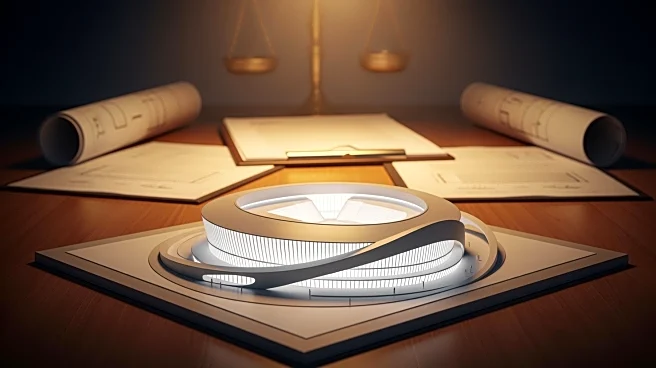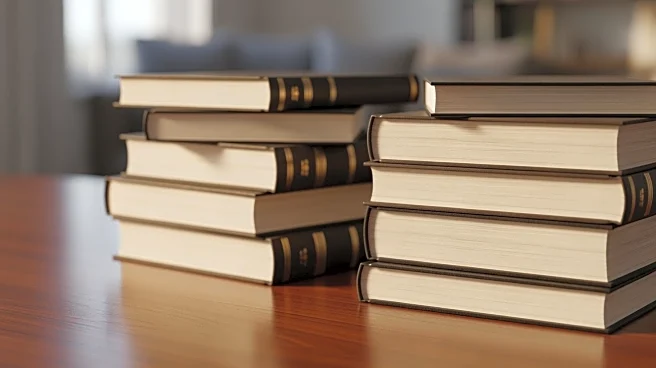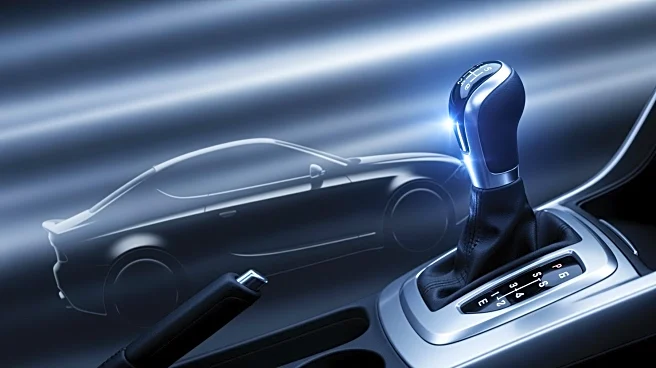What is the story about?
What's Happening?
Tesla is embroiled in a legal battle following a $243 million jury verdict in the Benavides v. Tesla case, where the company was found 33% liable for a fatal Autopilot crash. The Miami jury's decision highlights vulnerabilities in Tesla's product liability management and communication of technology limitations. The verdict, now under appeal, questions Tesla's ability to balance its pioneering role in autonomous vehicles with growing legal and reputational risks. The case has amplified scrutiny of Tesla's brand and could embolden similar lawsuits, shifting liability from drivers to manufacturers.
Why It's Important?
The Benavides verdict underscores systemic legal and reputational risks for Tesla, as courts and regulators demand greater accountability for autonomous vehicle technology. The case raises concerns about rising insurance costs and potential regulatory mandates requiring more transparent user education for AV systems. Tesla's ability to navigate these challenges will test its leadership in innovation. The company's appeal strategy emphasizes the uniqueness of the case, but broader judicial trends may impact its long-term viability in the autonomous vehicle sector.
What's Next?
Tesla's appeal is focused on challenging the punitive damages awarded in the Benavides case, arguing that the trial court erred in admitting public statements about Autopilot. The company faces ongoing regulatory investigations into its crash reporting and safety standards for Autopilot and Full Self-Driving systems. Tesla must reconcile its innovation-driven ethos with robust risk management to maintain its leadership in the autonomous vehicle sector. The outcome of the appeal and regulatory pressures will be critical in shaping Tesla's future in the industry.















